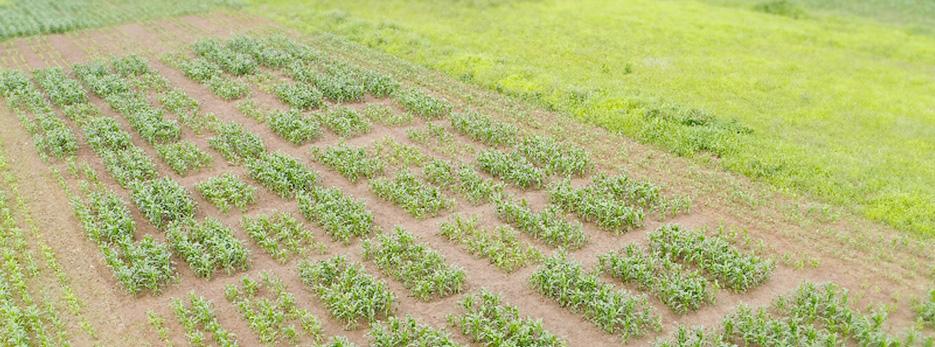Phosphorus Recovery & Dynamics

A rapidly increasing global population will come with an increasing demand for food. In order to meet this demand, without expanding the area used for agriculture, it must become more intense, and that means increased fertiliser inputs. One of the essential components of fertiliser is phosphate, which is mined, and its reserves are being depleted.
Over 70% of people in Malawi live on less than $1.9 a day, and almost 80% of Malawian farmers practice subsistence farming; their major food crop is maize though a few farmers grow legumes like soybean, pigeon peas, common beans and groundnuts for income. As in most tropical countries, the soils in Malawi are infertile and highly weathered. Farmers must apply chemical fertilisers to harvest enough food to feed their families, but only less than 50 % of smallholder farmers use fertiliser. Malawi imports almost all fertilisers it needs, and being a landlocked country, import costs mean that the price of chemical fertilisers is too high for most smallholder farmers and prices are expected to continue rising. Malawian farmers are also negatively affected by climate change: severe droughts, floods and extreme temperatures in combination with the farmers’ dependence on a few crops increase their vulnerability even more.
Using organic fertilisers (market waste compost, faecal sludge compost, etc.) is a cheap and sustainable alternative to the use of inorganic phosphate. Unlike expensive inorganic fertilisers, organic fertilisers also add organic matter to the soils which improve the soil’s ability to supply other nutrients to crops, and improves water holding capacity which increases the crop’s survival chance during drought periods.
Besides, recycling organic waste and faecal matter into fertilisers offers a sanitation solution and reduces water contamination. The use of faecal sludge as fertiliser encourages the proper discharge of faecal materials from pit latrines and septic tanks and also creates business opportunities for those people involved in the production of organic fertilisers.
The objectives of this research are:
- To characterise and quantify the sources, the flows, and the sinks of phosphorus in Malawi to determine options for waste minimisation, recovery potential, and chemical fertiliser reduction
- To evaluate phosphorus mineralisation and crop uptake from recycled sources in different soils
- To evaluate the impact of using recycled fertiliser products on soil health status and crop yield.
This PhD work by is sponsored by external page The Sue White Fund for Africa